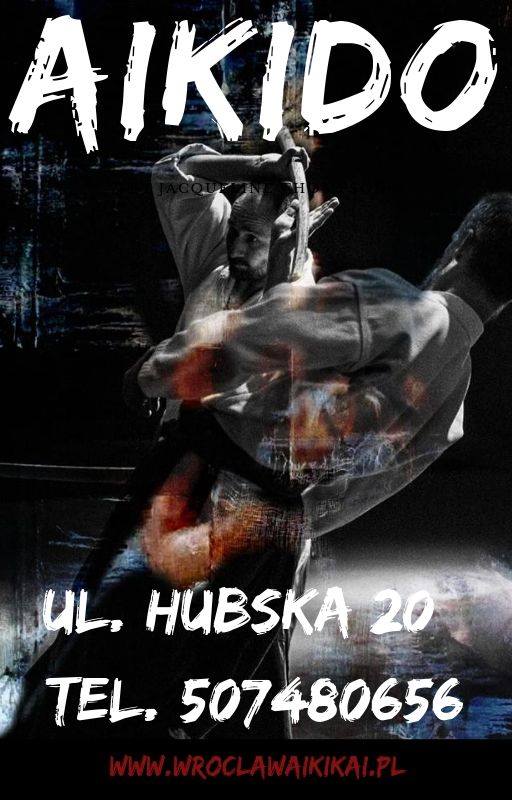“I am no one special, I have no rights reserved to the word ‘Aikido’, or even to my teacher’s teaching- there were so many of us. Our destiny is to give something that is wholly ours to people, who will understand it in their own ways.” -p. 207
I just recently finished reading this very personal tale by a man who has publicly responded to the joint koans of “What is Aikido?” and “Who was Chiba Sensei?” As with koan training, drawn from the Rinzai Zen tradition, there is no accurate way to answer the questions rationally or definitively, yet respond to them you must. The Kingdom of Dust is that response and I am deeply impressed by its earthy, poetic prose, and by Piotr’s blend of naked honesty, scholarship and dark humor. He is unquestionably a mad fool. But so am I.
To give some perspective on my views, I, too, am a student of the late Professor T.K. Chiba, a graduate of his kenshusei program (circa 1995). As far as I can recall, I have met and trained with Piotr only once, so I am far from being a close associate. However, after reading his story, I know us to share what I refer as ‘the nameless hunger’, that irrational drive that causes us to upend one’s life in the search for a vital experience, a liberation from ‘grey-ness’.
“For us, the ceremonial trainings with Chiba Sensei were like an addictive black mass. Not a self-defense course, but an hour of juggling with explosives.” -p.153
“Under the Aikido land of love and harmony, an active volcano is seething. Sometimes an eruption destroys a big part of paradise, and the unicorns run around the meadow with burnt asses for a while.” -p. 280
This book will piss off more than a few. About that, I have no doubt. For he shines his light into dark corners, exposing our too common yearning for status, recognition and most of all, the blessing from our teachers that we are ‘doing it right’. Chiba Sensei could smell this need upon you like it was bad cologne and perhaps his most painful lesson was to expose this to the world, and so to yourself. To pass through his domain as a disciple you had to find a deeper, more durable motivation.
“Each dojo has the smell and taste of its teacher. Created from madness and from sacrificing one’s life, it has his palm imprinted on the doors. The dojo is his inside, and each step taken there is a journey into his soul. Whether he wants it or not- what he has created is a grand physical model of the cage in which his life rattles.” -p. 312
Much more than a recounting of his uchi deshi (live-in disciple) experience, The Kingdom of Dust is also an intimate recounting of the life of the professional teacher. What could possibly motivate one to live a life of such austerity, to expose your soul, with all its baggage and foibles to your students, constantly and without ceasing?
I do not have Piotr’s poetic gift, but I do recognize the Spirit of Service when I see it. Though I am sure he would never claim so, I feel he exemplifies the core of what has made the teacher-student relationship within the Budo tradition the centuries-long and enduring crucible of transformation that it is. This book both moved me and disturbed me, caused me to reflect. I cannot recommend it highly enough.
Wrocław Aikikai
Aikido Dojo, Wrocław Hubska 20

